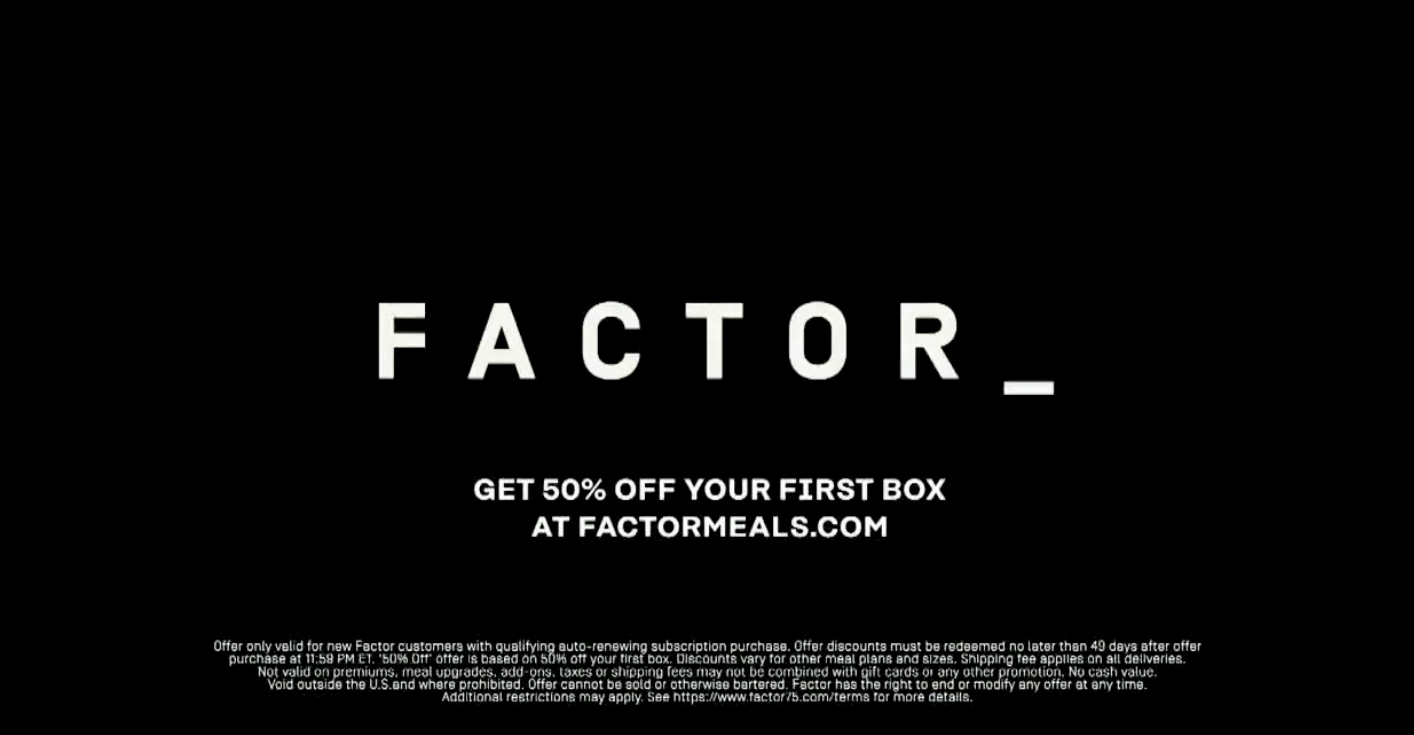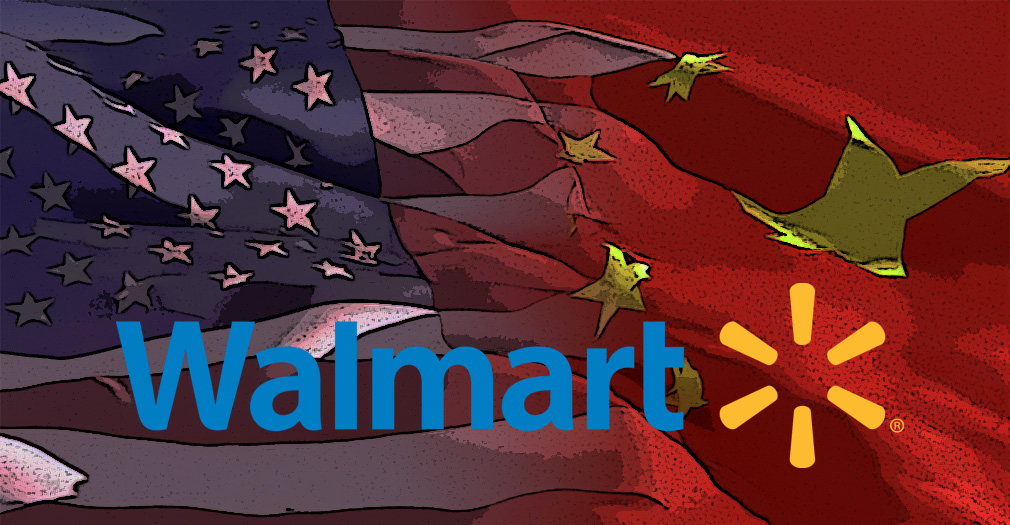
Jess Stewart (aka Micro Bakery Girl)
Will you really make thousands of dollars a month as a home baker?
February 2020: The Court granted final approval of the settlement agreement.
November 2018: A federal judge preliminarily approved a proposed settlement agreement that would provide class members with cash awards of 20% of the actual price of food kits for class members who purchased them directly from the company or 20% of the average price of food kits for class members who purchased them from other retailers. In addition, the company agreed to remove representations that food kits contain a supply of food for a specific period of time from its website and product packaging unless the kits provide at least 2000 calories or the number of calories recommended by the U.S. Department of Agriculture. A final fairness hearing is scheduled for July 15, 2019. For more information, go to http://www.wisefoodsettlement.com/.
2017: A class-action lawsuit was filed against Wise Company for allegedly misleadingly marketing that its long-term and emergency food kits sustain an adult for a specific period of time when, according to plaintiffs, the food kits provide consumers with less than half of the daily calories that an average adult needs. The lawsuit was originally filed in February and transferred to federal court in March. (Miller et al v. Wise Company, Inc., Case No. 17-cv-616, C.D. Cal.)
Will you really make thousands of dollars a month as a home baker?
Unboxing this meal kit company’s enticing offer.
Sarah Todd, Stat News
TINA.org finds more of the same – and then some – from retail giant.
FTC lawsuit alleged company duped consumers into signing up and then made it hard to cancel.



